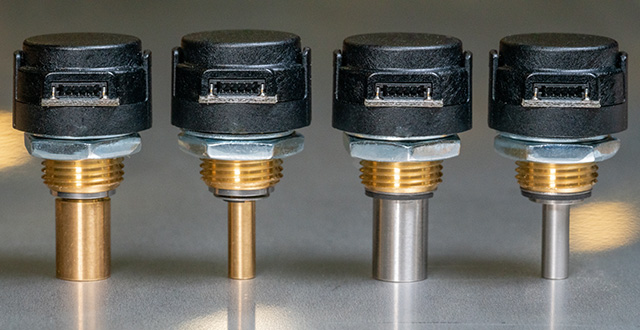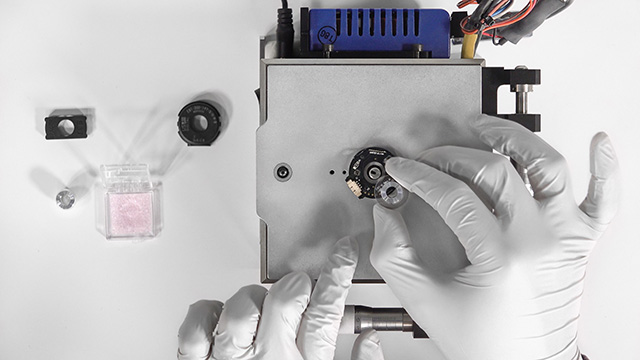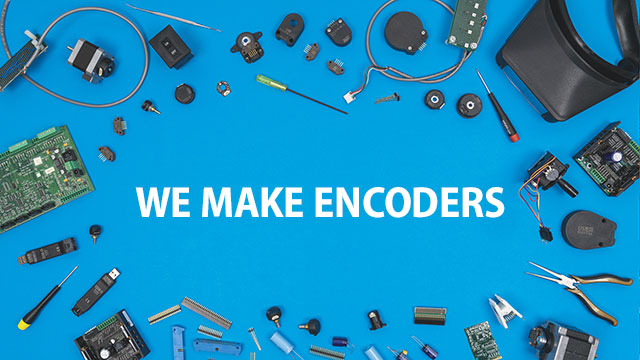Blog
Page 3 of 5 in Blog

Encoders are used in virtually every industry. This is a case study which shows how encoders were used on this application in the exercise arena. Read More »
Published in News > Blog

What does customer service focus mean to you? Check out this blog-video showing how US Digital demonstrates how we practically demonstrate that focus. Read More »
Published in News > Blog

Robotics are one industry which uses a ton of motors and encoders to accomplish the automation required. Read More »
Published in News > Blog

Most encoders are rotary encoders--installed on a rotating shaft. This article talks about some of the differences between rotary and linear encoders. Read More »
Published in News > Blog
What is the difference between optical, magnetic, and capacitive encoders? Join us as we discuss the advantages and disadvantages of each. Read More »
Published in News > Blog

Did you ever wonder about the history of encoders. This post reveals information about the first optical encoders and includes very interesting details. Read More »
Published in News > Blog

Encoders come in many physical shapes, sizes, and configurations. Join us as we explore the various choices available for your US Digital encoder. Read More »
Published in News > Blog
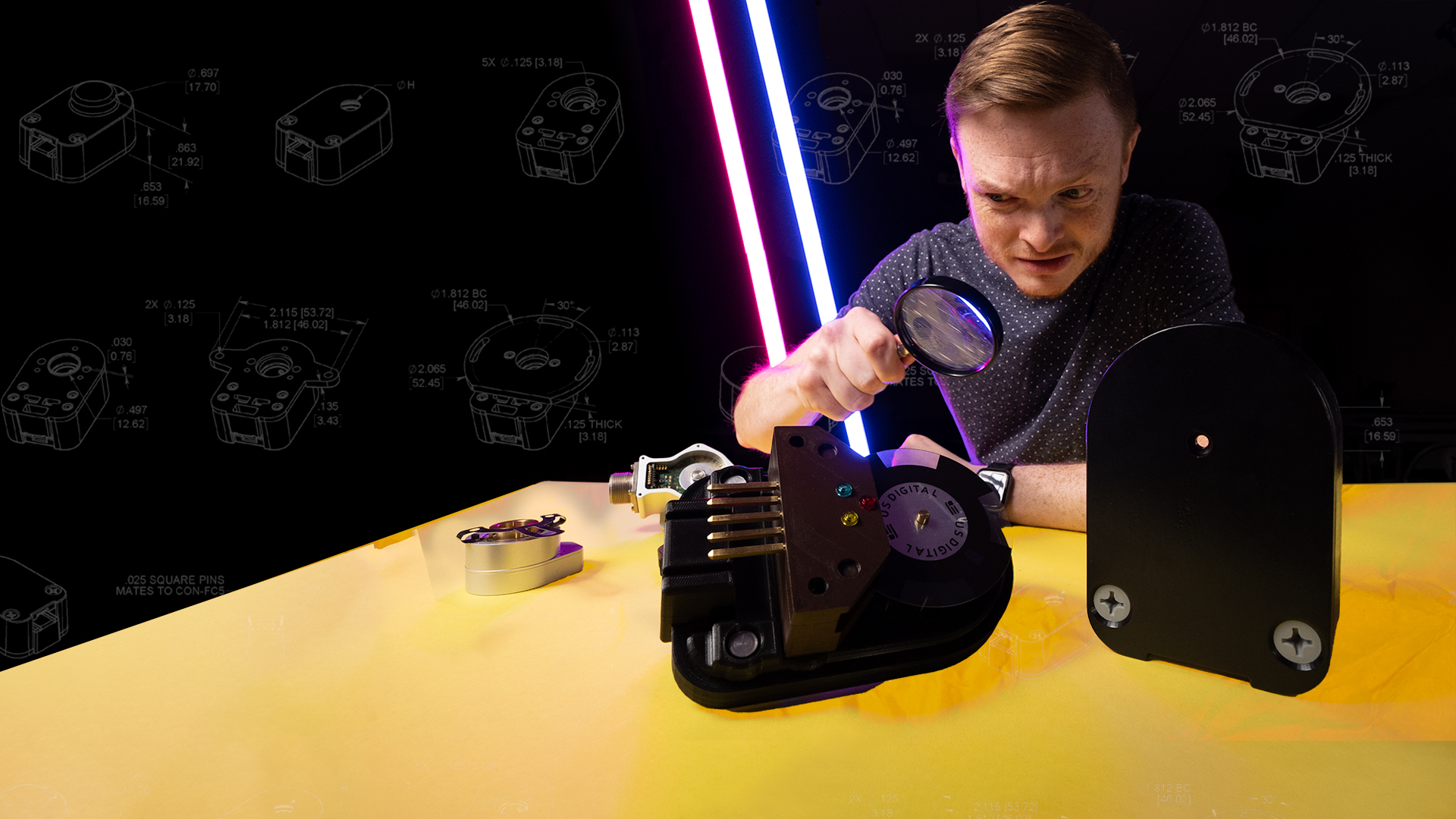
How do encoders work? If you want basic information about how encoders work, and how they are used, you are in the right place. Read More »
Published in News > Blog
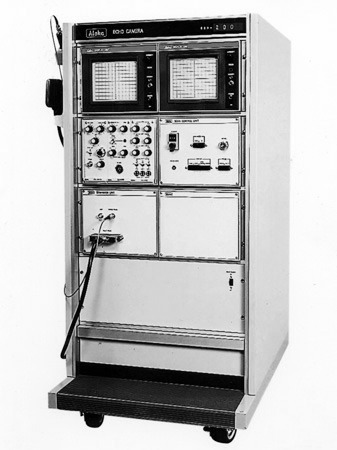
While we can't definitively tell you who created the first encoder, we can walk you through the early history of the industry and its key players. Read More »
Published in News > Blog
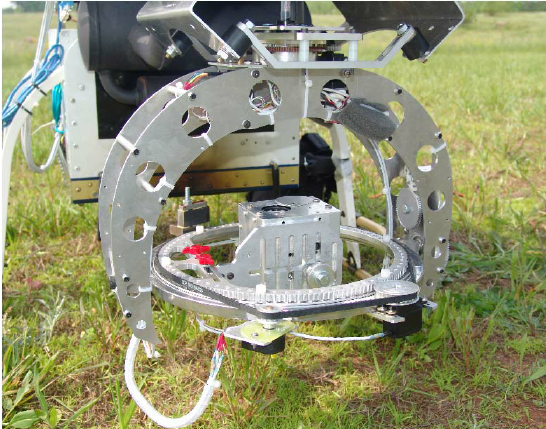
In this post we discuss how encoders can be used in everyone's favorite multi-prop flying objects. The growth of drone applications is always expanding. Read More »
Published in News > Blog
More in News
Company Links
- About Us
- Careers
- Contact Details
- Distributors
- Environmental Stewardship
- Legal
- Quality and Compliance
- Videos
Stay up to date
Sign up for our newsletter to stay up to date with our product updates, blog posts, videos and white papers.
